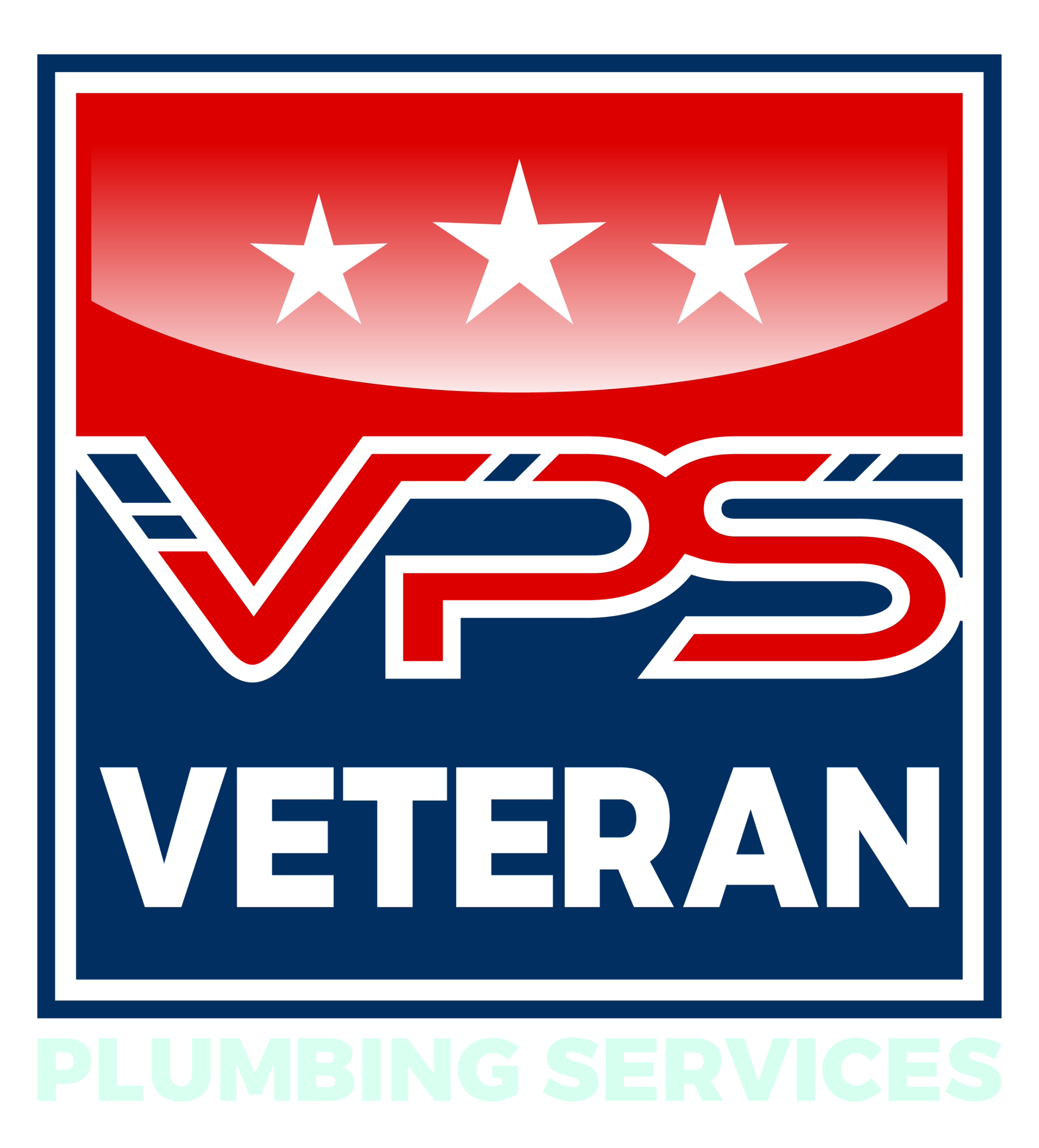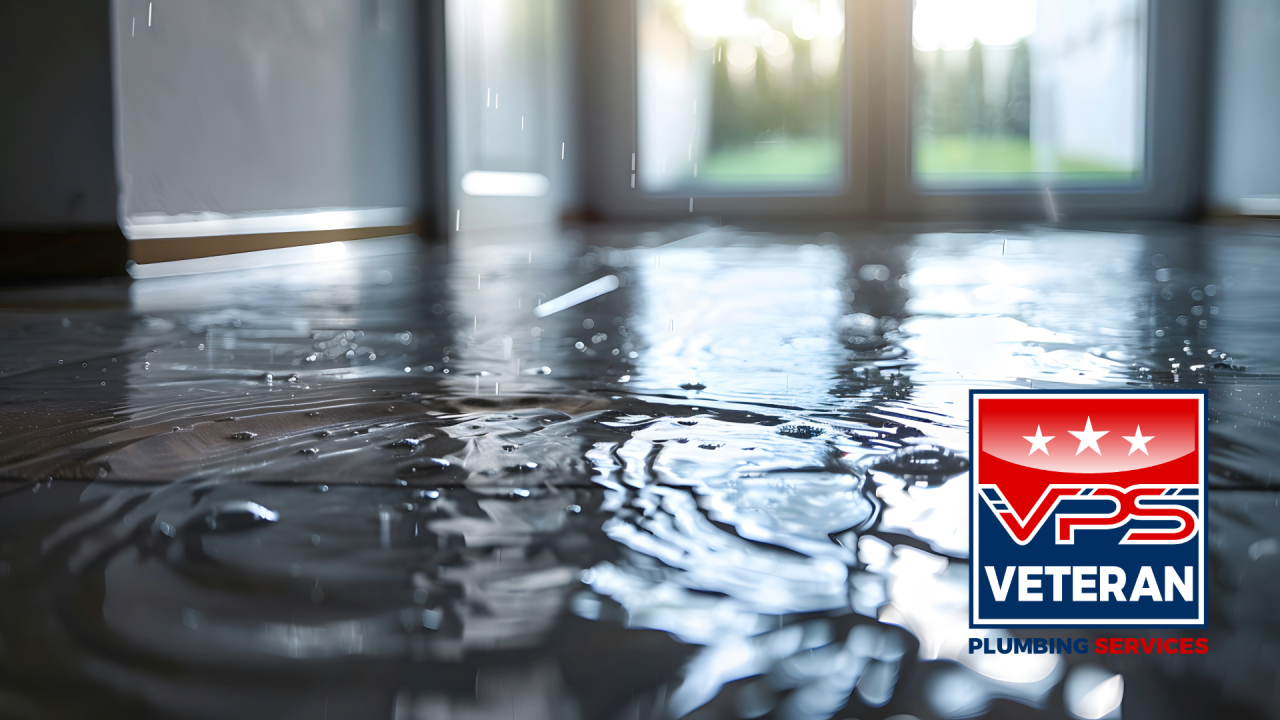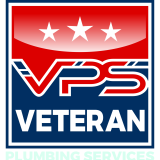Comprehending Clogged Drain Problems: A Manual for House Owners in Fairfax County
Blocked drains do more than cause trouble—they can lead to serious plumbing problems and issues with a house’s sewer system, which may affect its overall market value.
For residents of Fairfax County, understanding what causes clogs in drains and how these affect residential plumbing systems and home values is very important.
This article explores these areas by giving insights on effectively identifying and dealing with blocked drain issues.
Common indicators of blocked drains
Here are some common signs that you have a clogged drain:
– Slow drainage: When water takes longer than usual to drain from sinks, bathtubs, or showers, it is often an early warning sign for developing clogs.
– Gurgling noises: These strange sounds from your pipes could mean trapped air within them due to blockage.
– Foul smells: If you notice unpleasant odors from under the sink or elsewhere in the house, this may be caused by rotting food particles and other debris stuck in the pipe work.
– Water backups: Seeing water backing up into sinks, tubs, or even toilets means there is a severe obstruction somewhere that needs immediate attention before things get worse!
These symptoms can result in immediate effects, such as inconvenience caused by unusable fixtures, temporary flooding due to overflows, and health risks associated with exposure to stagnant waters.
Identifying where the problem is coming from
Knowing what usually blocks drains helps one solve them faster. Common causes include:
Accumulation of waste
Hairballs & soap scum – Bathroom drainage systems get easily clogged because people shed hair when washing or grooming themselves; besides, soaps produce sticky residues that trap dirt, thus forming scums lining inside walls leading into tubs/showers, etc.
Food particles and grease—Kitchen sinks tend to have blockage problems caused by bits of foodstuff and fats/oils that solidify along pipes’ inner surfaces, obstructing flow completely.
Mineral deposits—Hard water areas experience mineral buildup within plumbing fixtures, reducing their efficiency over time. In addition, these minerals may react chemically with some detergents, forming compounds that clump together, thus blocking drain lines altogether.
Foreign substances
Items not meant for flushing—Toilets often get clogged when people dispose of wipes, diapers, or sanitary towels instead of using trash cans as recommended.
Children’s toys—Small objects like balls can accidentally fall through openings in drains, causing congestion further down the line, where they become stuck between bends and joints.
Building materials waste – During construction works, debris such as cement dust/pieces, paint chips/droppings, and small tools might find their way into the sewerage system, leading to blockages at various points along its length.
Root Intrusion on Fairfax County Homes
Roots growing inside sewer pipes are a major cause of clogging, especially when these channels are old or damaged, allowing root penetration quickly.
Cracks/breaks in pipes caused by roots can complicate matters further by creating additional avenues for sludge accumulation, which, if left unchecked, can cause complete blockage sooner rather than later.
Symptoms include slow draining throughout the house where multiple fixtures share common drains, toilets bubbling whenever other water-using appliances like washing machines discharge wastewater, etc.
Pipe defects
Corrosion happens over time as metal corrodes away, especially for Orangeburg Sewer Lines. This leaves behind rough surfaces where solid particles attach themselves, resulting in plugs at different sections along pipe lengths.
Collapsed/cracked sewer lines: Structural damage may occur, especially during earth movements, such as earthquakes, which may collapse entire sections of the line, thus causing total obstruction.
Poor installation practices: If pipes are not adequately aligned during laying or lack appropriate slopes for efficient flow, expect repeated cases of blockage over time.
To find out exactly what is causing your drainage problem, use any of these inspection techniques:
Visual inspections—Sometimes, you can tell if there’s a clog by looking at the fixture where it appears to be happening.
Hydrostatic Pressure Testing: This involves checking the pressure resistance of pipes to determine any leaks or disruptions in the plumbing system.
Effects on Residential Plumbing and Sewage Systems
Blocked drains can heavily interfere with your house’s plumbing system efficiency and integrity:
Efficiency of the System
Restricted Water Flow: Blockages can slow water flow within a plumbing system, causing inefficiencies.
Pipes Under High Pressure: Water always builds up behind a clog, increasing pressure on pipes that may burst or start leaking.
Overworked Sump Pumps: In the case of sump pumps at home, when blocked, they make it work harder, leading to premature failure.
Structural Integrity
Pipe Bursts: When water backs up due to blockage, it exerts more force on pipes, causing some to burst and requiring costly repairs or replacement.
Foundation Damage: Leaks from broken pipe joints could seep into foundations, weakening structures around them and compromising their stability.
Soil Erosion: Water leakage also erodes soil close to houses, damaging landscape designs or weakening foundations over time.
Health Concerns
Sewage Backups: Massive obstruction may result into overflow inside homes, contaminating surfaces with hazardous waste materials, requiring proper clean-up methods, which are expensive too;
Drinking Water Contamination: Cross connection between potable supplies and drainage systems might take place when there is a severe clog in place, thus endangering lives through cholera outbreaks mainly caused by consumption of such contaminated drinking water sources;
Creation Of Bacterium Breeding Grounds: Stagnant dirty waters trapped within blocked sections foster the growth of harmful bacteria that pose risks to people’s health if not handled appropriately or left undiscovered for long periods.
Maintenance Needs
Frequent Professional Cleaning: Sometimes you have to clean clogs regularly so as not to experience other related problems;
Routine Checks: We must do regular checks on our plumbing systems if at all we want them to work well without major issues arising later;
Replacing or Fixing Pipes—Sometimes, the damage caused by these kinds of faults becomes too severe, necessitating replacement or repairs. These will bring back normalcy to such parts and improve overall efficiency.
Effects on Property Value
The value of your home can be affected by various factors, including having blocked drains within its plumbing system:
Immediate Depreciation
Bad Image Among Buyers: Plumbing issues scare away potential buyers who might find it difficult even to sell their houses later on due to this kind of problem;
Reduced Marketability: It may take a longer time before one gets a buyer for his/her house in case there are ongoing plumbing challenges;
Lower Appraisal Figure: An appraiser will give a lower value estimation for any building with such problems, reducing the expected income from selling the property. Getting a sewer line inspection before buying or selling a home is essential. If the buyer requests a sewer inspection with the Real Estate Inspection before purchasing a home, and the sewer line fails the inspection, the deal will fall through.
Cost Implications Arising From Plumbing Repairs
Expensive To Fix: Serious blockages usually require a deep cleaning process or complete replacement of pipes, both of which are costly aspects, thus directly impacting net worths attached to homes ;
Major Overhauls That May Be Required For Entire Systems – In some cases, it might become necessary to overhaul everything related to the plumbing system at once, and this can prove quite an expensive undertaking, especially where finances do not allow for such activities;
Long-term Influence On Value
Loss Of Equity In Homes: Continual occurrence of these faults has the potential to erode owners’ equity positions, especially if they lead to significant structural damages being experienced by buildings over time;
Lower Resale Prices For Properties: Buildings that have had multiple problems with their plumbing tend to fetch lower prices compared to those without any such history;
Difficulties Attracting Buyers: Many people will shy away from buying houses with known issues of this nature, prolonging the period taken before finding a willing purchaser.
Counteractive Measures
Plumbing Maintenance on a Regular Basis: Frequent drain maintenance can avoid clogs, which will save your home’s value.
Investing in Pipes: You can prevent future problems by upgrading to more robust, less blockage-prone pipes.
Landscaping: It reduces the chances of tree roots breaking into sewer lines, preventing clogs.
Wrap-up
Clogged drains are among the major difficulties that may influence not only the plumbing itself but also structural soundness throughout one’s house and even worthiness as real estate property, particularly for individuals residing in Fairfax County.
Homeowners should be aware of signs displayed by this issue, locate its origin, and take care so that it does not recur again while at the same time taking proactive actions to support healthy plumbing systems within their homes.
Homeowners should do this if they want to save money on expensive repairs later in life during ownership when this knowledge could have been utilized more profitably elsewhere.
For the efficiency of plumbing systems used for water transport or disposal within buildings occupied by humans to be maintained continuously without hiring plumbers too often, we need to inspect them regularly, clean them professionally where necessary, and use preventive methods such as those mentioned above when dealing with our own houses whose value should always remain high anyway because there is nothing that gives more pride than having an asset like a home.


